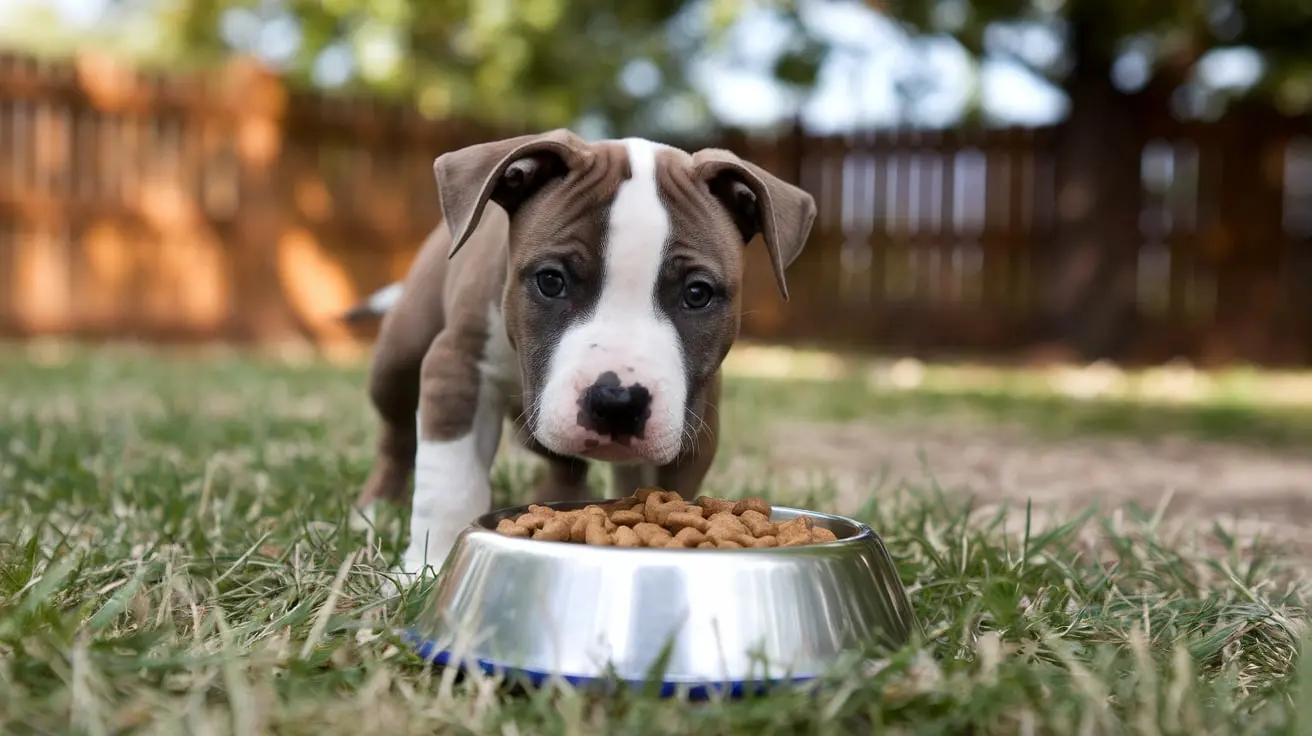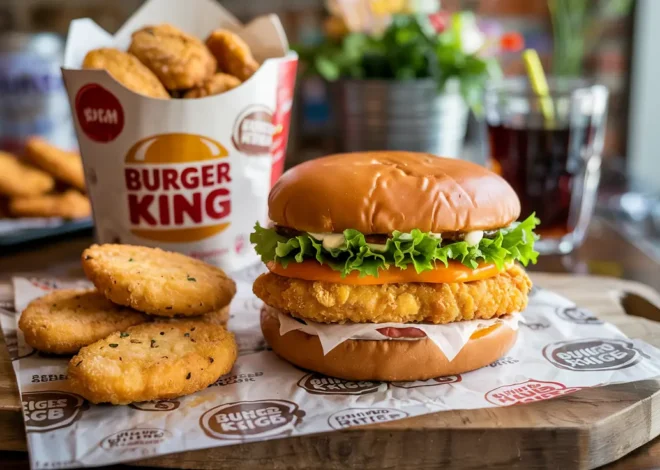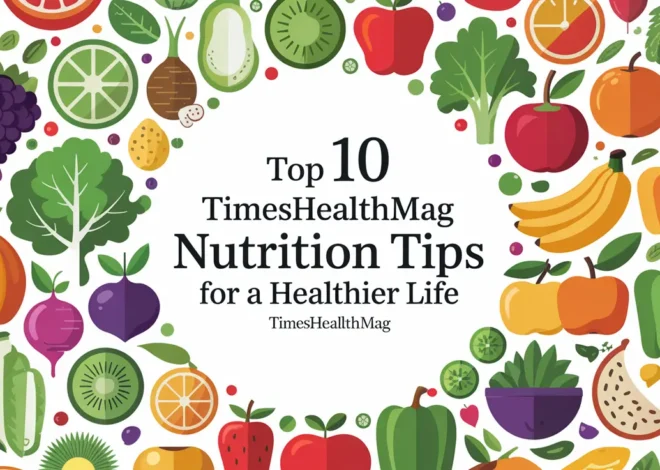
How to Pick the Best Dog Food for Your Growing Pitbull Puppy
Choosing the right food for your growing Pitbull puppy is essential for their health, growth, and development. As a pet parent, you want to ensure that your puppy gets all the nutrients they need to thrive. But with so many options on the market, how do you choose the best dog food for your Pitbull? This guide will help you understand what to look for when selecting the right food for your puppy.
Understanding the Nutritional Needs of Pitbull Puppies
Pitbull puppies are active, strong, and muscular dogs. Their diet needs to support their growth and energy requirements. Puppies, especially during their first year, have different nutritional needs than adult dogs. They require more protein, fat, and calories to fuel their development. A well-balanced diet helps them grow healthy muscles, bones, and organs.
The right dog food will provide a perfect balance of essential nutrients. These include protein for muscle development, fat for energy, carbohydrates for fuel, vitamins and minerals for immunity, and fiber for digestion.
Protein
Protein is the most important nutrient for your growing Pitbull puppy. It supports muscle growth, immune function, and overall development. High-quality animal proteins, such as chicken, beef, lamb, or turkey, are ideal for Pitbull puppies. Aim for a dog food that contains at least 20-30% protein, depending on your puppy’s age and activity level.
Fat
Fat is another critical nutrient for your Pitbull puppy. It provides a concentrated source of energy and helps with the absorption of fat-soluble vitamins. Puppy food should contain 8-15% fat. Omega-3 and omega-6 fatty acids, found in fish oil and flaxseed, support healthy skin and coat, reduce inflammation, and improve brain function.
Carbohydrates
Carbs are a great source of energy for active puppies. High-quality sources of carbohydrates include sweet potatoes, rice, barley, and oats. These help to provide consistent energy throughout the day. Avoid foods with excessive amounts of fillers like corn or soy, which don’t offer much nutritional value.
Fiber
Fiber aids in digestion and helps your puppy maintain a healthy weight. Foods with fiber help regulate bowel movements and prevent constipation. Good sources of fiber include pumpkin, peas, and brown rice. A fiber content of 3-5% in your puppy’s food is usually sufficient.
Vitamins and Minerals
Pitbull puppies need a variety of vitamins and minerals for their overall health. Calcium and phosphorus are particularly important for bone development. Look for dog food that includes essential vitamins like vitamin A, D, and E. Minerals such as zinc and selenium help maintain a healthy immune system.
Choose High-Quality Ingredients
The quality of ingredients in your puppy’s food is just as important as the nutrients they provide. Look for brands that use high-quality, natural ingredients. The first ingredient should always be a named animal protein (like chicken, beef, or lamb), not a by-product or filler.
Avoid foods with artificial preservatives, colors, or flavors. These can cause digestive upset and allergic reactions in some dogs. Instead, look for foods that use natural preservatives like vitamin E (mixed tocopherols) and vitamin C.
Consider Your Pitbull Puppy’s Size and Activity Level
Pitbull puppies can vary in size and energy levels. Some may be more active than others, and their nutritional needs will differ. If you have a particularly energetic puppy, you may need a higher-calorie food to support their high energy levels. Conversely, if your puppy is more laid-back, you might opt for food with fewer calories to prevent excessive weight gain.
Larger breeds like Pitbulls can also be prone to joint issues, so consider selecting a food that contains glucosamine and chondroitin to support joint health. These nutrients help promote healthy cartilage and protect their joints as they grow.
Wet vs. Dry Dog Food
There are two main types of dog food to choose from: wet and dry. Both have their pros and cons. Here’s a breakdown to help you decide:
Dry Dog Food
Dry food (kibble) is convenient, easy to store, and often more affordable than wet food. It’s also better for your puppy’s teeth, as the crunchy texture helps reduce tartar buildup. When choosing dry food, ensure that it contains high-quality ingredients and enough moisture (around 10-12%) to keep your puppy hydrated.
Wet Dog Food
Wet food is usually higher in protein and fat than dry food. It’s a great option if your Pitbull puppy is a picky eater or has trouble chewing dry kibble. Wet food tends to have more moisture, which can be beneficial for puppies that don’t drink enough water. However, wet food is typically more expensive than dry food and can spoil faster once opened.
Many pet parents opt to feed their puppy a combination of wet and dry food to provide variety and ensure their pet is getting enough nutrients.
Age and Life Stage Considerations
When selecting food for your Pitbull puppy, it’s crucial to choose a formula that is specifically designed for puppies. Puppy food is specially formulated with the right balance of protein, fat, and other nutrients to support your Pitbull’s growth. Feeding adult dog food to a puppy can result in malnutrition or stunted growth, as it lacks the extra nutrients puppies need during their early developmental stages.
Pitbull puppies go through different stages of growth. During their first few months, they need more calories and protein than at later stages. As they reach adulthood (usually around 12-18 months), you’ll need to transition to adult dog food. Be sure to follow the guidelines on the food packaging and consult with your vet on when to make the transition.
Avoid Fillers and Low-Quality Ingredients
Not all dog food is created equal. Some brands use fillers and low-quality ingredients that don’t offer much nutritional value. Common fillers include corn, soy, and wheat. These ingredients are often used to bulk up the food, but they can cause digestive issues and allergies in some dogs.
Instead, look for dog food that prioritizes real meat and high-quality ingredients. If your puppy has allergies or sensitivities, consider choosing a grain-free or limited-ingredient diet that excludes common allergens.
Consulting Your Veterinarian
Before making any major changes to your Pitbull puppy’s diet, it’s always a good idea to consult with your veterinarian. Your vet can help you determine the best food based on your puppy’s breed, size, and health needs. They may also recommend specific food brands or dietary adjustments based on your puppy’s individual requirements.
If your puppy has special dietary needs (like food allergies, sensitivities, or health conditions), your vet may suggest prescription diets or specialized formulas.
Top Recommended Dog Food for Pitbull Puppies
Here are a few top-rated dog food brands that are perfect for your growing Pitbull puppy:
- Royal Canin Pitbull Puppy Food
This breed-specific formula is designed to support the unique nutritional needs of Pitbull puppies. It contains high-quality animal protein and a balanced blend of nutrients for healthy growth. - Blue Buffalo Life Protection Formula
Blue Buffalo is known for its high-quality ingredients, including real meat, whole grains, and antioxidant-rich fruits and vegetables. It’s a great option for Pitbull puppies needing a well-balanced diet. - Wellness CORE Grain-Free Puppy Food
If you’re looking for a grain-free option, Wellness CORE offers a high-protein, nutrient-dense formula with chicken, turkey, and chicken meal. This food is ideal for Pitbull puppies with sensitive stomachs. - Hill’s Science Diet Puppy Chicken & Barley Recipe
Hill’s Science Diet is known for using high-quality ingredients and offering a range of puppy food formulas. Their chicken and barley recipe is perfect for promoting healthy growth and development. - Merrick Grain-Free Puppy Recipe
Merrick offers a grain-free puppy food made with real chicken, sweet potatoes, and peas. It’s packed with protein, omega fatty acids, and antioxidants, providing balanced nutrition for your growing Pitbull.
Conclusion
Choosing the best dog food for your growing Pitbull puppy is a critical decision that impacts their long-term health. Focus on finding high-quality ingredients that provide the right balance of protein, fat, carbohydrates, vitamins, and minerals. Whether you opt for dry or wet food, always ensure that the formula is specifically designed for puppies to support their development. Finally, consult with your veterinarian to ensure you’re making the best choice for your Pitbull’s unique needs. With the right diet, your Pitbull puppy will grow up strong, healthy, and happy.



